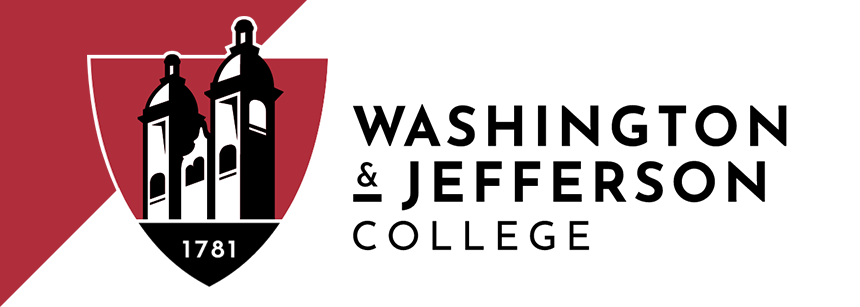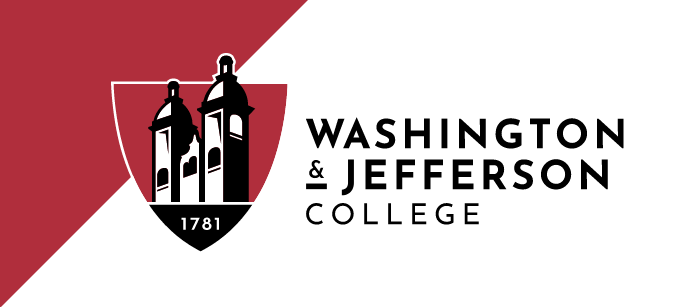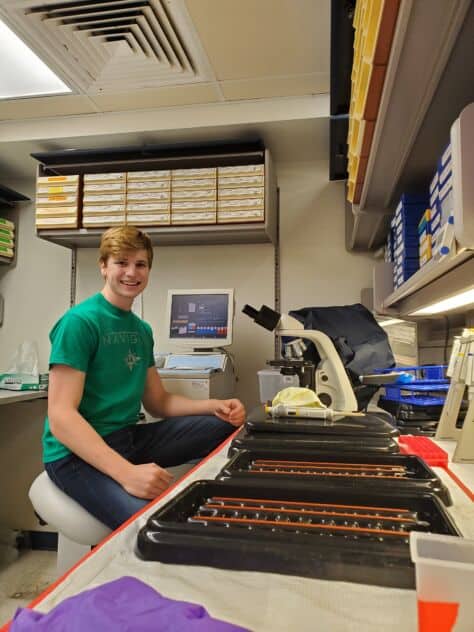WASHINGTON, PA (Sept. 1, 2020)—While coronavirus is top-of-mind for the public and in the medical world right now, W&J junior Sam Dauby spent his summer with the Department of Pathology at the University of Pittsburgh searching for ways to prevent the spread of a virus that has caused suffering for years: HIV.
“The laboratory’s focus was on the simian immunodeficiency virus (SIV), which is the nonhuman-primate version of the human immunodeficiency virus (HIV). In some primates, the SIV spreads and progresses to acquired immunodeficiency syndrome (AIDS), leading to the animal’s death. However, some primates manage to control the infection and live with it,” Sam said. “Clearly, this is of great interest because humans infected with HIV (when left untreated) will progress to AIDS and die.”
Sam was one of a very limited number of student researchers who had the chance to work in the lab this summer rather than completing a virtual experience. Because of the current COVID-19 pandemic, his research experience got a late start in June rather than May, when initially planned, and it made his lab work look very different.
As an intern, Sam employed the use of enzymatic immunohistochemistry (IHC) to detect the presence of certain antigens, or substances that causes your immune system to produce antibodies against it. This allowed the lab to see how much the infection has spread into certain tissues at variable times and gain further understanding of the pathogenic transmission of the virus. But due to social distancing procedures, the work Sam did to study these antigens was often conducted alone.
“I feel fortunate I was able to work there. I was the only intern I saw. I had my own little office and had to be my own room all the time. I had to wear a lot of protective gear in the lab. I’d go hours without seeing anyone. Most of the work was independent,” he said. “I think one way it benefitted me was it forced me to find answers on my own if I couldn’t find anyone else. I had a lot of short breaks, and during those breaks I would go in and find more information and had more opportunities to learn. But at the same time, it’s difficult, because if I had a question, it would have been a lot easier to ask someone immediately.”
The internship in the lab built on Sam’s experience at W&J, adding new techniques to his knowledge base and preparing him for more advanced courses at the College this fall. The experience also reinforced his pride in his decision to come to W&J.
“As I was at this internship, I became more and more grateful that I decided to go to W&J. The way I got this internship is by emailing 20-30 researchers and asking if I could intern in their lab. All it took was for one to say yes. The reason I did that is because of the Magellan project. I went to some sessions run by Dr. DeBerry and she suggested that we do that,” Sam said. “I wouldn’t have found this opportunity without her help.”
Sam plans to pursue a career as a physician after W&J.
About Washington & Jefferson College
Washington & Jefferson College, located in Washington, Pa., is a selective liberal arts college founded in 1781. Committed to providing each of its students with the highest-quality undergraduate education available, W&J offers a traditional arts and sciences curriculum emphasizing interdisciplinary study and independent study work. For more information about W&J, visit washjeff.dev, or call 888-W-AND-JAY.


